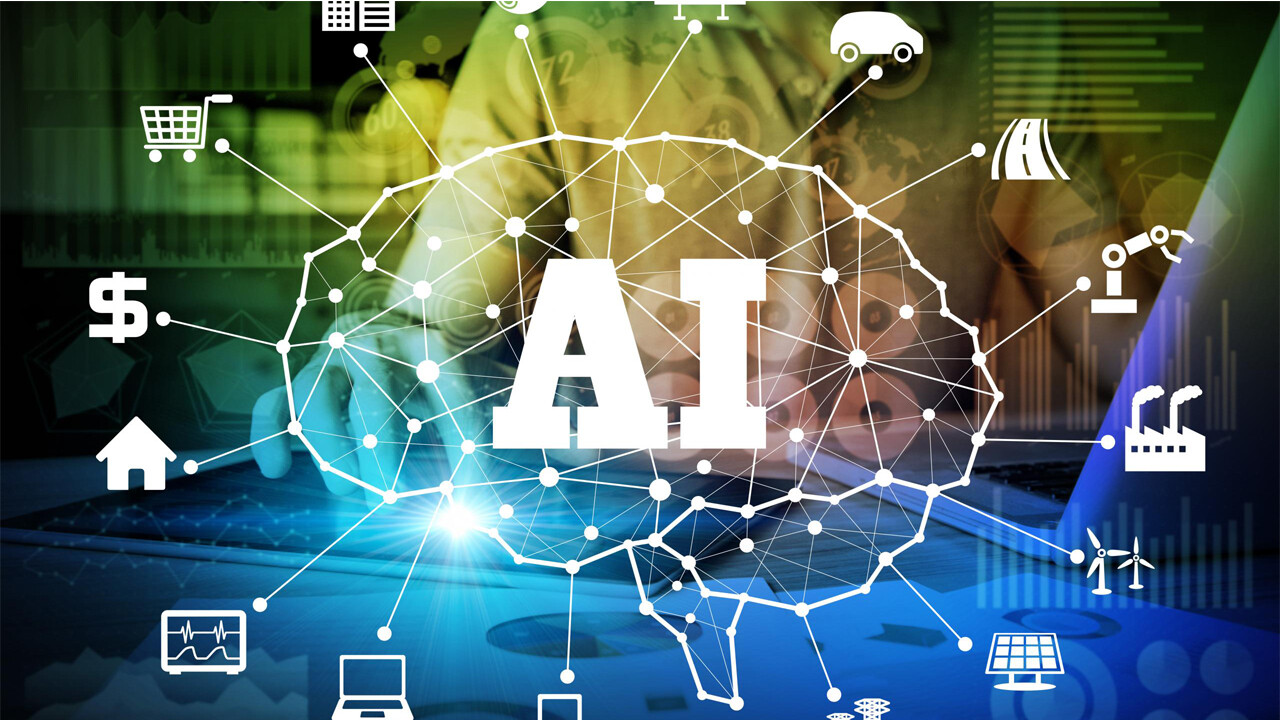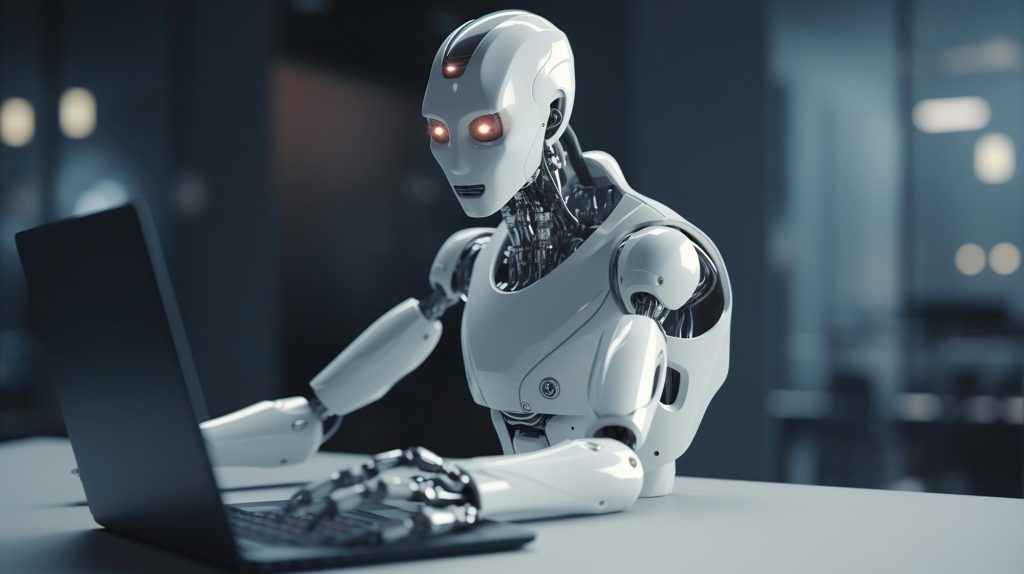Now Reading: AI’s Transformative Power for Positive Change
- 01
AI’s Transformative Power for Positive Change
AI’s Transformative Power for Positive Change

The world we live in is evolving, and AI is expected to have a big impact in the future. We’ll look into a few of the benefits of Artificial intelligence that will help future generations in the aftermath.
1) AI Improved Healthcare
Artificial intelligence has the power to transform the healthcare industry by providing precise and practical diagnoses, personalized treatment programs, and subdued revelations. Large amounts of restorative data, including persistent records, genetic data, and restorative images, may be analyzed by the algorithms to discriminate between designs and generate projections. This will result in more rapid and accurate assessments, personalized treatment strategies, and improved patient outcomes.
2) AI Improved Education:
Artificial intelligence has the power to transform the way we teach and learn. Artificial intelligence-powered educational tools may personalize learning, adapt to the requirements of the individual, and provide immediate feedback. This may help students in study at their speed and deepen their grip of challenging ideas. The technology may also help professors by automating prescribed duties, such as rating and pass on information to observe performance.
3) More Secure Travel:
Artificial intelligence can increase travel security by reducing human errors. Self-driving cars, for instance, can eliminate the possibility of accidents brought on by human errors, such as distracted driving and drunk driving. This might save countless casualties to happens and may lower the costly impact of accidents.
4) Expanded competence:
Artificial intelligence may improve efficiency and competence across a range of industries, including fundraising, coordination, and manufacturing. Artificial intelligence-driven frameworks can automate task scheduling, improve forms, and cut down on waste. Reduced reserve money, enhanced yield, and higher quality might result from this.
5) Ecological supportable:
Artificial intelligence can assist us in addressing some of the biggest ecological problems, such as climate change and the decline of biodiversity. Artificial intelligence-powered frameworks can scan and analyze natural data, foresee potential hazards, and help build habitats that are easier to manage. In this situation, artificial intelligence has the potential to improve the production of renewable energy, reduce waste, and advance asset management, resulting to maintain an ecological environment.
In conclusion, artificial intelligence can significantly advance future ages. It can help us handle some of the biggest problems we face and create a “distant better; higher; stronger, and an improved” future for everyone. This includes improving healthcare, education, safe transportation, extended proficiency, and natural supportability. But despite this, it’s important to understand that the technology can also brings with it some risks and difficulties, such as job migration and ethical dilemmas. In light of this, we must develop Artificial intelligence consciously and responsibly, to maximize its advantages and minimize its drawbacks.

























































Pingback: Dark Reality: Indian Education System Exposed | Openatalk
Pingback: How to Become Rich: Advice That Can Actually Help You Make Money | Openatalk